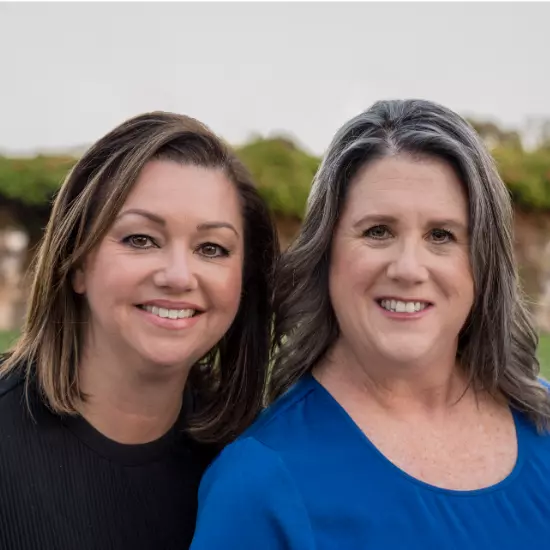Things around us are changing, but the fight for our dignity is constant
I still remember the day, years ago, when I was racially profiled by Border Patrol agents while riding the train from San Diego to Los Angeles. It was early in the morning, and I was talking with my father over the phone in Spanish when agents boarded and heard me. Two agents walked towards me, stood over me in my seat, and asked, “Where were you born?” It wasn’t the first time I had been profiled living in the border region, but this time felt particularly dangerous. I was traveling alone. There was only one other person on the railcar — a White man — and he looked away, as if to say “you’re on your own.”
I was born in Mexico, but that’s not the answer I gave to the federal agents — that answer could have landed me a one-way trip that morning across the border. I wasn’t going to lie (never a good idea), but I was going to respond in the safest way I could by asserting my citizenship (a privilege I was lucky to have). I am a U.S. citizen, but didn’t carry any proof of that, and quite frankly, there is no law that requires me to. I knew that might not matter to the agents. As an attorney, I had represented a dozen citizens who had to prove their citizenship from the other side of the border. I said in clear English, “I’m a U.S. citizen.” The agents looked at the color of my ambiguous skin, my blue eyes, the clothes I wore, and then walked away, satisfied for the moment that I did not “look” like an immigrant. I knew that if my father had been in my place, with darker skin and a thick accent, the incident might have ended differently.
What happened to me has been happening for a century in the border region, despite our Fourth Amendment right to be free of unreasonable searches and seizures. Historically, the Supreme Court has interpreted the Fourth Amendment to mean that agents can justify stopping and questioning someone based on their race as long as they have additional factors that give them reasonable suspicion that the person has violated an immigration law. The suspicion must be individualized, not generalized to a whole group of people, and the suspicion is only enough to question someone, not detain or arrest. That limited protection has always felt thin (and has been violated repeatedly), but now even that is in danger of being eviscerated.
Recently, the Supreme Court opened the door to federal agents justifying their detention of people in the greater Los Angeles area based on general stereotypes about immigrants. This includes whether they look Mexican or Latino, speak Spanish (or English with an accent), or are in a place or doing a type of work that agents associate with immigrants. If this can happen in Los Angeles, it can happen here, in San Diego, and anywhere else.
Although the Supreme Court has just given federal agents a free pass to racially profile with little to no constraints — and they might ramp up their profiling here and elsewhere — we should not concede our rights to equality and liberty. Not here, not anywhere. Alliance San Diego provides Know Your Rights (KYR) guidance on what to say or do in multiple languages if you or people around you are approached by federal agents of any kind, which you can find online at alliancesd.org. Regardless of whether you are a citizen or an immigrant, knowledge is power and can help us all assert our dignity. We invite community members to help us spread power, not panic, and for those who can, to donate at alliancesd.org to support this critical work to protect dignity and human rights.
We know these are challenging times, with every day feeling darker than the last, but we also know we can move through this together to shape a brighter future. Now is not the time to isolate ourselves. It is the time to be in community, act in community, and fight for community. We must recognize the privileges that some of us have to walk freely and the dangers that some of us face of being racially profiled. Together we can protect each other. Reach out if you need help and reach back if you are asked for help. That’s how we stand in community and for community.
Andrea Guerrero is a resident of San Diego and the Executive Director of Alliance San Diego.
Categories
Recent Posts










GET MORE INFORMATION


